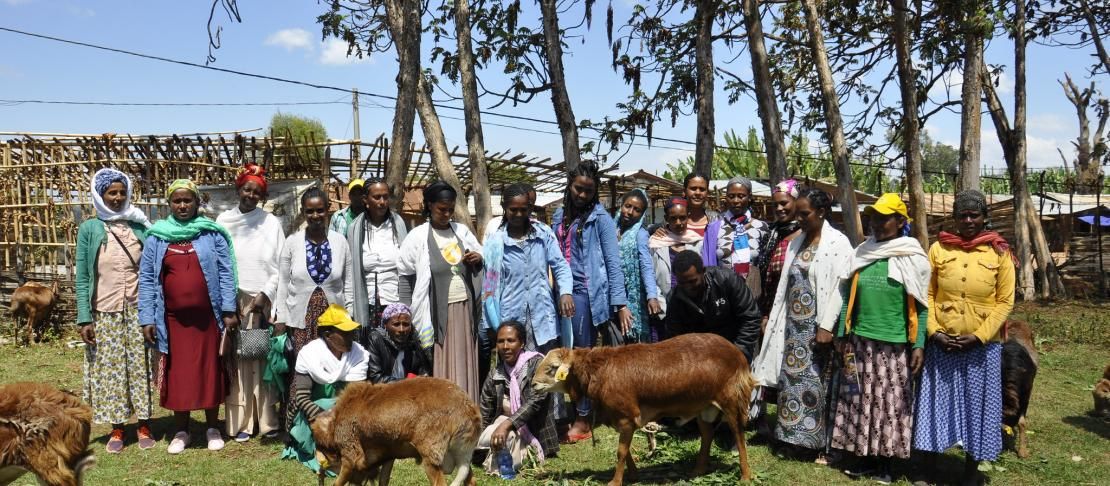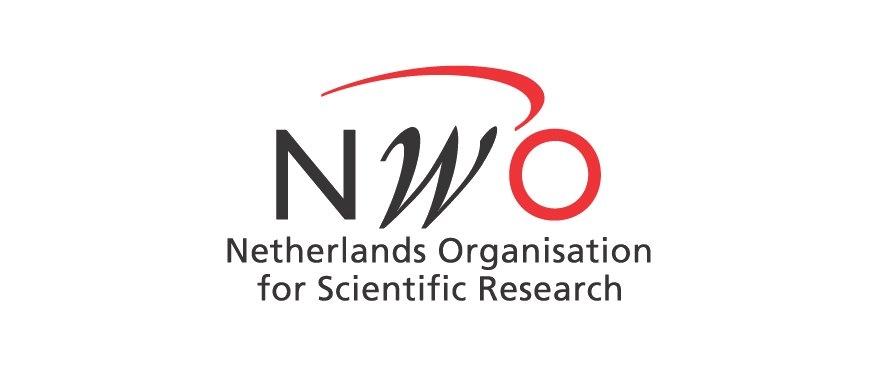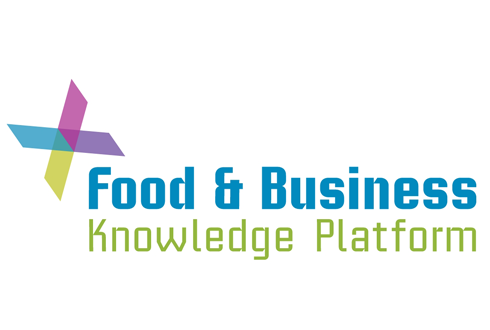Navigating towards leverage points for low emissions dairy development | Global Challenges Programme project

Project description
This research identifies and analyses institutional conditions for scaling low-emission development dairy interventions in an inclusive manner. The formulation and implementation of inclusive low-emission intervention strategies is complicated by asymmetric power relations between actors, conflicting interests, misalignment of incentive structures, discrepancies between short-term achievements and long-term strategies, and disconnected formal and informal sectors. Moreover, the urgency to respond to climate change may induce a search for simple and transferable solutions with high emission reduction potential. This may hinder investment in the development of context-sensitive strategies that simultaneously maximize societal co-benefits. By systematically valorising multiple pathways and capturing diverse priorities, interests and management styles, this project adopts a socially responsive approach to scenario development. Facilitating interactions among representatives from private and public sectors in research-driven dialogues stimulates and catalyses intervention strategies that can be inclusive of a wider range of actors and therefore enhance the scalability potential of lowemission intervention strategies.
Activities
A new post-doctoral research fellow, based at Wageningen University, will be hired to connect the multi-level approach to institutional diagnosis and scenario-development with the hands-on organisation of forward-looking and inclusive dialogues among organisational actors in Kenya and Tanzania. The work of the post-doc enriches and integrates on-going work of two current PhD candidates involved in the social research in Kenya and Tanzania (coordinated by ILRICIFOR) by engaging with stakeholders and using research findings in these interactive processes. The proposed project will draw on socio-economic and biophysical research from the CCAFS/IFAD project, and its stakeholder network, to engage in stakeholder dialogues that aim to support the development of socio-economically inclusive LED intervention strategies. This research will design, test and co-organise deliberative processes catalysing and aligning the transformative capacities of private and public stakeholders in the dairy sectors in Kenya and Tanzania. The consortium partners play an important role in the design and review of the interactive process facilitated by the project.
Expected outcomes
- Research and Development in the public and private sector collaborate intensively with multiple users such that a diverse set of LED-interventions are adopted by male and female livestock keepers operating under different conditions
- Alignment of lead firms and governments regarding inclusive development creates leverage for the mobilisation of resources and capacities, leads to increased outreach of low emission dairy development and creates conditions conducive for scaling LED-interventions in an inclusive manner
- A range of developers and users of LED-interventions interact in novel organisational modalities induced by public-private partnerships to share knowhow, exchange reflections on innovative LED-practices and explore how to respond to unanticipated problems
Gender and youth
Partners
- Wageningen University & Research (WUR)
- International Livestock Research Institute (ILRI)
- Center for International Forestry Research (CIFOR)
- African Centre for Technology Studies (ACTS)
- Ministry of Agriculture, Livestock and Fisheries (MoALF&I), Kenya
More Information
For more information, please contact the project leader:
- Sietze Renze Vellema, WUR, at sietze.vellema@wur.nl
Funding for this project is provided by:


